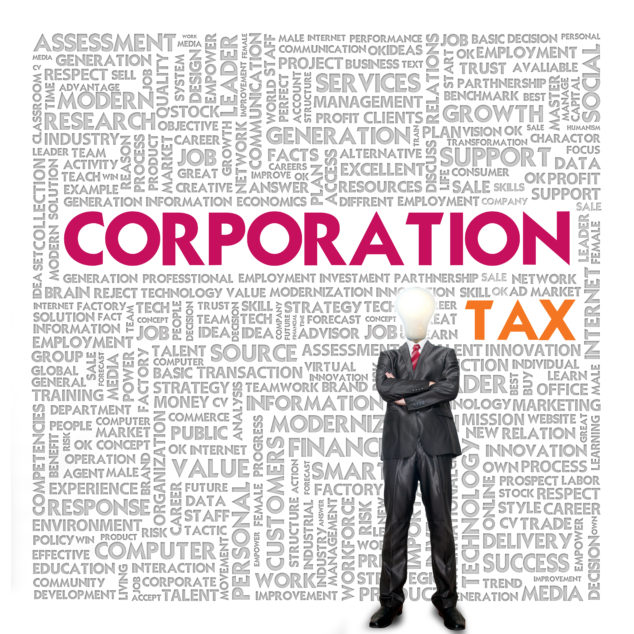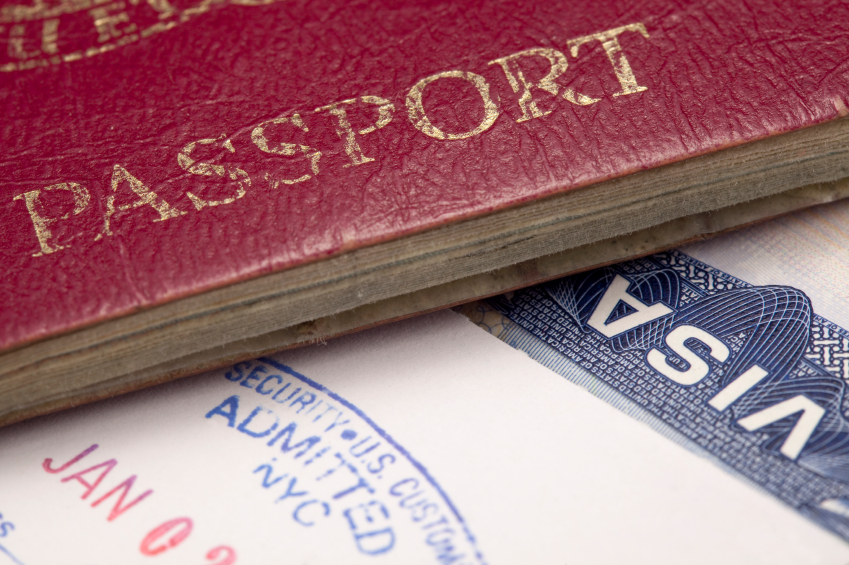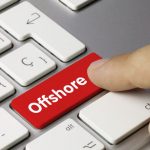Offshore Corporation and Trump’s Tax Plan
There are big changes coming from the Trump administration that will affect your offshore corporation. Republicans have made it clear that they must pass tax reform or they’ll be crushed in the next election cycle. Here’s how Trump’s tax plan is likely to affect offshore corporations and and international taxation.
There are three groups of small business owners that use offshore corporations. They are:
- those who live and work in the United States but operate through an offshore company,
- those who live abroad and run their business through an international corporation, and
- those who run an international division of their US business through an offshore corporation.
Each of these groups of business owners will see different results from Trump’s tax plan. I’ll review each in turn here.
First, keep in mind that this article is for those operating a business through an offshore corporation. Very different rules apply to American’s investing abroad using an offshore trust or an international LLC.
Likewise, not all aspects of this article apply to those operating a business through an international LLC. Nor does it apply to offshore IRA LLCs. Each of these is controlled a different section of the US tax code.
Keep in mind that all of these structures, including the offshore corporation, is governed first and foremost by the US tax code. Certain countries have written laws that help you maximize privacy, protection, and tax savings. However, these laws are intended to work together with US tax laws. Therefore, you should always have a US tax expert in your corner to quarterback your offshore structure.
With that said, here’s how the offshore corporation fits into Trump’s international tax plan.
Live and Work in the United States
If you’re living and working in the United States, and operating through an offshore corporation, you shouldn’t see much change from Trump’s tax plan. You’re already paying US tax on your foreign profits as earned.
In this section, I’m talking about those operating a business through an offshore company that have no office and no employees abroad. You’re operating through an offshore corporation for privacy or asset protection… or any number of other reasons. But, you get no tax benefit from this structure.
Of course, you will get a lower tax rate just like everyone else. If Trump reduces the tax rate on corporate income from 35% to 20%, you’ll receive the same benefit.
Living Abroad and Qualify for the FEIE
There’s some good news in Trump’s tax plan for those living abroad, operating through an offshore corporation, and qualifying for the Foreign Earned Income Exclusion.
Trump will not eliminate or change the Foreign Earned Income Exclusion. If you’re a resident of a foreign country, or out of the US for 330 out of 365 days, you can exclude up to $102,100 of income from your 2017 return.
The 2018 Foreign Earned Income Exclusion amount hasn’t been released yet. I expect it will be around $102,900. The FEIE goes up a few hundred each year to keep up with inflation.
By operating through an offshore corporation, you maximize the benefits of the FEIE, create a an asset protection and privacy barrier, and eliminate Self Employment Tax. SE tax will remain at 15% under Trump’s tax plan.
It will remain difficult to qualify for the FEIE using the 330 day test. In fact, the 330 day test will likely become more difficult, if not eliminated entirely, when Trump institutes his territorial tax plan.
For this reason, I’m recommending all my FEIE clients obtain residency somewhere within the next year. For US purposes, it doesn’t matter where, but you should have legal residency in some country… in the country you will call your “home base.”
Even perpetual travelers need to put down roots somewhere and sign up for residency. Because residency must cover an entire tax year, you should take steps now to be ready by January 1, 2019.
- The 330 day test can be used over any 12 month period. To use the residency test, you must be a resident for a full calendar year.
Of course, you should try to become a resident of a country that won’t tax your income. For a list of countries that don’t tax foreign sourced profits, see: Which Countries Tax Worldwide Income?
The easiest residency program for US citizens is Panama. Invest $20,000 in Panama’s Friendly Nations Reforestation Visa Program and get residency for you and your family (husband, wife, and dependents 18 year of age and under). For more on this, see: Best Panama Residency by Investment Program.
Note that you can also get residency in Panama using your IRA. Purchase teak or one of the other reforestation programs with your IRA and get residency for free.
Operating a Division Offshore
There are two competing tax plans when it comes to those operating divisions offshore. First, Trump wants to incentevise businesses to bring back retained earnings to the United States. He’s offering a reduced rate (maybe 5%) and expects hundreds of billions of dollars to be repatriated.
One way to force companies to bring their cash hoards back now is to make it more difficult to retain earnings abroad in the future. This would have a long term impact on your ability to operate a foreign division through an offshore corporation.
Competing with this desire to force retained earnings back into the United States is Trump’s territorial tax plan. President Trump want’s to convert the United States from a worldwide tax system to a territorial one.
In a territorial tax system, businesses would be taxed in the United States on income earned in the US. They would not be taxed on income earned abroad in foreign divisions.
So, when it comes to how a foreign division will fair under Trump’s tax plan, there are many factors and moving parts. If the final version includes a change to a territorial system, US businesses may see significant tax savings going forward. If all we get is a repatriation and a tightening of the retained earnings rules, businesses might see an increase in US taxes going forward.
Conclusion
No matter how things shake out with the worldwide or territorial debate, the offshore corporation will remain one of the most important tools in the toolbox for reducing or deferring tax on international business profits.
As I said above, anyone living abroad should work towards residency in a zero tax country in 2018. Be ready for more changes in 2019 and the possibility of a territorial system.
I hope you’ve found this article on offshore corporation and Trump’s tax plan to be helpful. For more on how to setup an offshore company or residency in Panama, please drop me a line at info@premieroffshore.com or call us at (619) 483-1708.











Leave a Reply
Want to join the discussion?Feel free to contribute!